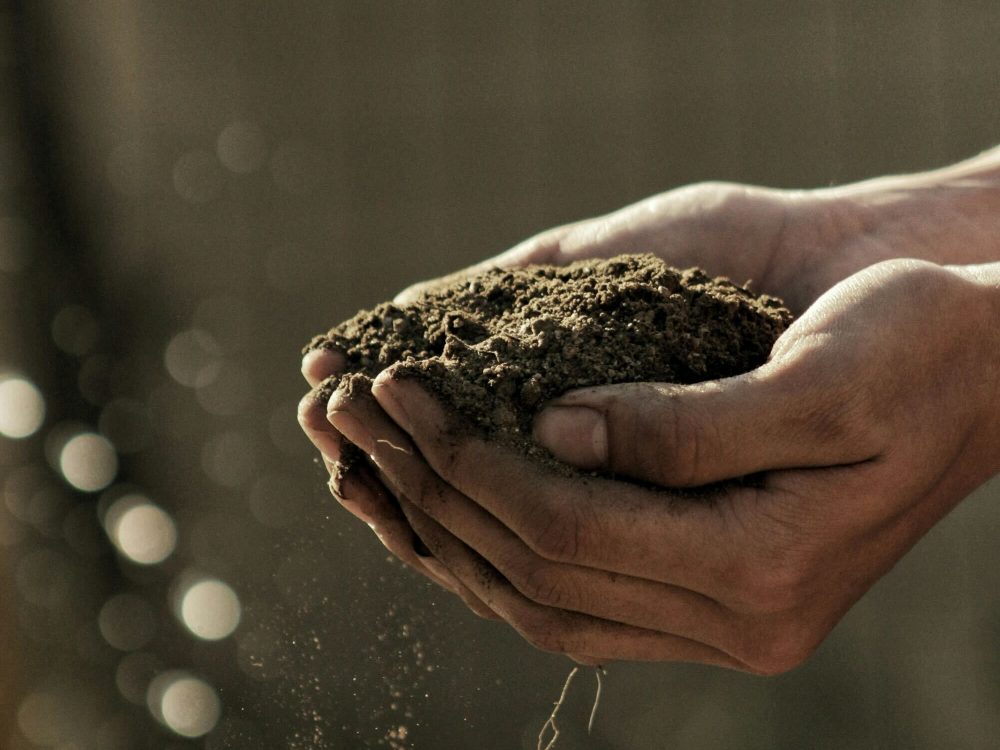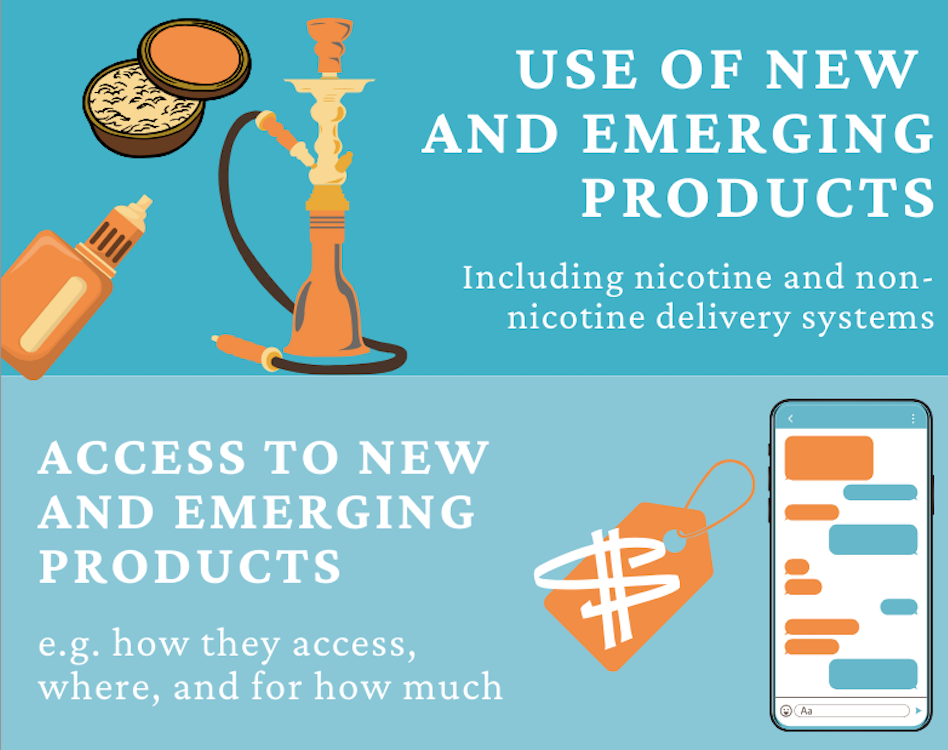Working with EITI in Nigeria for a Stronger Audit Process
Across DG’s extractives work, our aim is to help ensure a country’s natural resources actually benefit citizens. This starts with greater openness around natural resource management, to build public engagement and accountability.
Building on our existing work with the EITI Secretariat on the Global Data Portal, we’re expanding country- and local-level extractives work through several initiatives – including in Nigeria in partnership with the Ford Foundation, to build an online data collection system for the audit process.
Contextualizing NEITI’s Data Collection System
Currently, information collection, validation, and reconciliation of data in the audit process is done manually through Excel files. Development Gateway (DG) is pleased to be working with Nigeria Extractives Industry Transparency Initiative (NEITI) to automate the process and improve timeliness of data contained in its audit reports. In partnership with the Ford Foundation, we are supporting NEITI in developing an online data collection system – to ease the complex, cumbersome process of building up-to-date audit reports manually. Designed for easy use across NEITI and stakeholders, the tool will reduce time delays, improve data validation, and promote systematic disclosure of validated and timely data – essential for NEITI and other stakeholders to tackle transparency and mineral resource management issues.
Through the online collection tool, we aim to make extractives data compelling, interactive, and seamless – enabling technical and nontechnical users alike to use and understand the data.
What challenges does the online collection tool aim to address?
Stakeholders involved in the current audit process include NEITI, the National Stakeholder Working Group (NSWG), the reporting entities, and the external auditors. In addition, the several-step audit process runs from preparation to dissemination of the audit report. With a thorough data collection and reconciliation process, challenges occur – for example, each reporting entity receives several different NEITI templates, with numerous data fields to be filled out. Each template has to be filled out and aggregated internally before submission to NEITI.
The process is complex and often delayed, which NEITI has been seeking to resolve through initiatives like reforming its Operational Manual in 2016, reducing data collection delays from as long as a year to just 2-3 months for Oil and Gas, and 3 months for Solid Minerals.
How will the online collection tool help?
Despite initiatives like the above, challenges still exist.
After conducting a technical assessment and review of NEITI’s current audit process in November 2018 in Abuja and Lagos, we identified NEITI’s challenges as well as its specific needs. Meeting with 30 actors in the EI space, we’ve identified improvements; defined system specifications; gathered requirements; and assessed local capacity to maintain the system with appropriate support. The assessment confirmed users’ biggest needs, each of which will be specifically addressed while designing and developing the tool:
- Automatic data collection tool accessible in areas with low internet connectivity;
- Simplified data submission process;
- High standards of security and data confidentiality;
- Easy-to-understand extractives information, using visualizations, local languages, etc.;
- Accurate statistics on production and export volumes;
- Training on how to use the automated data collection system.
What’s Next?
In the coming months, we are continuing to build and develop the tool, arriving at a user-friendly tool that aligns with specific stakeholder needs. The simple web-based system will allow streamlined data input and upload of supporting documents. Rollout will begin with a few organizations, and will continue as we strengthen the audit process in each country.
In leading innovative programs similar to our work with NEITI, developing the Extractive Industries Data Portals (EIDPs) in West Africa with OSIWA, and working to measure EI social and environment impacts and explore the effects of the male-dominated extractives industry on women and girls in West Africa, we are continuing building stronger initiatives to inform industry policy, programs, and solutions that represent good practices and literacy on extractives.
Image: “Ikeja, Lagos” by S Martin is licensed under CC BY-NC 2.0.
Share This Post
Related from our library

Economic Toll of Tobacco-Related Diseases in Kenya: New Research Findings
Development Gateway: An IREX Venture (DG) is pleased to announce the publication of a research manuscript on the Economic Costs of Tobacco-Related Illnesses in Kenya. This research was carried out as part of the Tobacco Control Data Initiative (TCDI) activities in Kenya and is part of a broader report on Morbidity and Mortality from Tobacco Use in Kenya.

Unlocking Africa’s Agricultural Potential: Introducing the Soil Nutrient Roadmap
For over a decade, Development Gateway: An IREX Venture (DG) has been at the forefront of digital agriculture, leveraging agricultural data to support input monitoring, value chain analysis, and farmer-centric governance models. With funding from the Gates Foundation, DG is launching the Soil Nutrient Roadmap (SNR), a cutting-edge initiative using geospatial data to estimate current and future soil and crop nutrient requirements.

Diving into the DaYTA Program’s Data Collection Process
This blog explores key insights from the DaYTA program, offering practical guidance for researchers on effective data collection, overcoming field challenges, and leveraging local partnerships to enhance tobacco control efforts. This piece is especially timely following DaYTA’s workshop convening all 3 study country stakeholders to review the survey results and strategize on how best to disseminate this data to target audiences. This workshop took place from in Lagos, Nigeria, from November 18-20th.